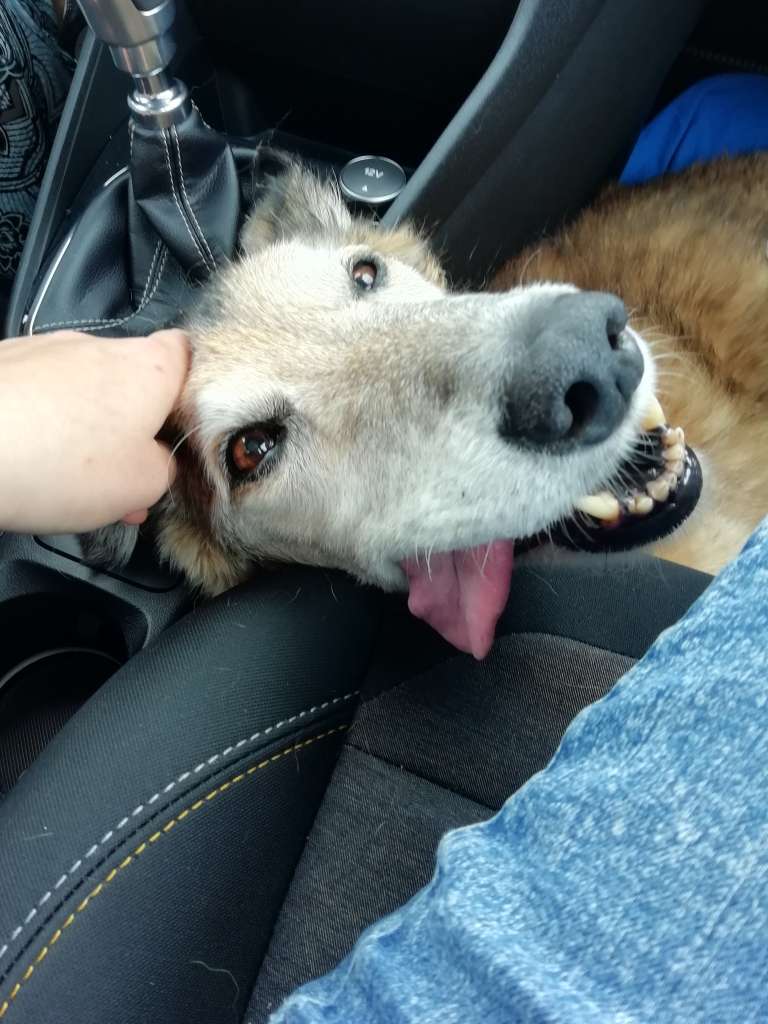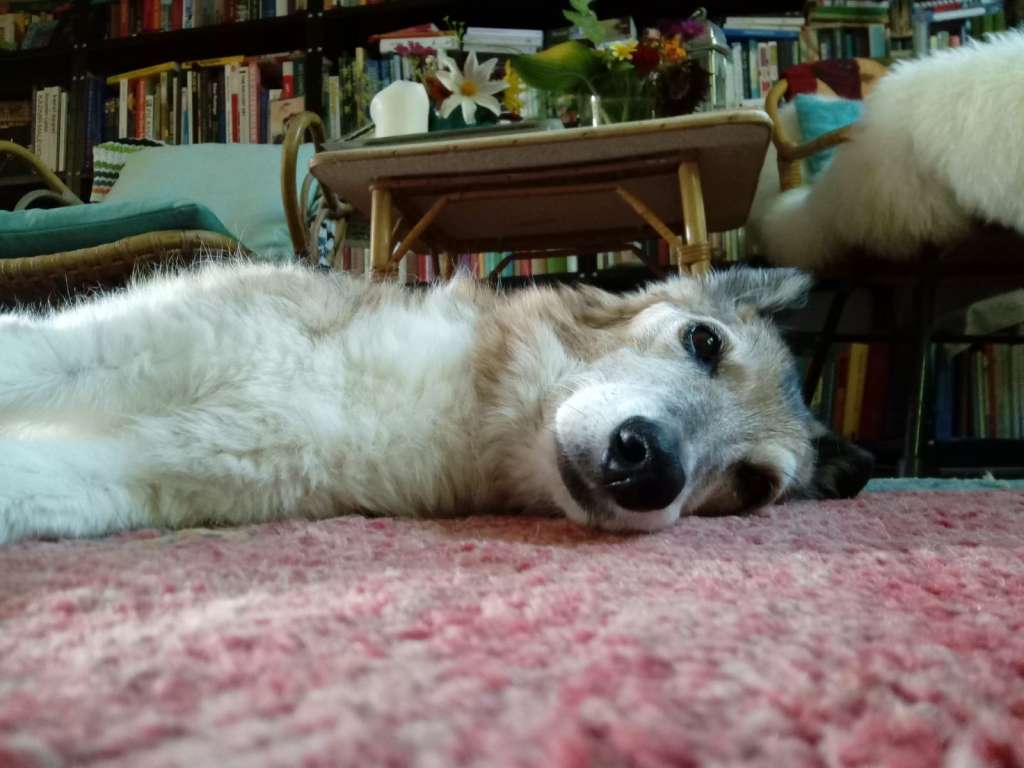I got a notification on my phone. Some data needed to be deleted or my phone couldn’t function properly anymore, or something like that. We’ve all gotten that notification, and we’ve all ignored it. This time though, in the name of scientific research for this blog post, I chose to obey this command. So I dove deep into the deepest parts of my camera roll, with the quest to delete at least a couple hundred photos. After ten minutes, I heavily regretted my decision. How did I have this many photos? It seemed like an unending list of screenshots, memes, holiday photos and snapshots. Obscure buildings and places I had been –I mean I probably had been; how else could I have gotten the photos? Alas I didn’t remember- memes that had to have been a few years old, and at least ten thousand photos of my dog in various adorable states of being.
I quickly realized that an historian a hundred years from now could probably create a life story for me by just looking at my impressive collection of pictures. And I am not really sure if I would like the story it would tell. If there such a thing as a cat lady, but then for dogs? I pondered over my collection of digital images, and what they actually meant to me. If I were to delete them, would I miss them? After all, I completely forgot most of them existed before I went on this impossible mission. But after examining them, some of these deeply buried memories did resurface, and suddenly I wasn’t sure if I could delete any of them. If I forgot all these adventures I had, and the photos brought them back, how could I be sure that if I deleted the photos, I wouldn’t indirectly delete the memories as well? Or at least the ability to access the memories. The actual moments of the memories were gone, and my impression of them is all that remains. Losing the memories seemed terrifying, like losing a part of myself. Very strange of course, because I didn’t remember them anyway, not before seeing the photos, not consciously, and it didn’t feel like I didn’t have access to an integral part of myself. And still, the thought of losing the photos, of losing those moments, brought an immense sadness to me. It reminded me of a theory by Roland Barthes, about the death of moments (R. Barthes, Camera Obscura, pp. 80-99). According to Barthes, every photo is a remnant of a moment. A That-Has-Been as he calls it. The light in the photo that allows us to see the objects in the photo has actually shined on said objects, and is therefore a remnant of that light. What is in the photo –the light of that moment- is gone forever, therefore every photo contains death. If that’s not enough to launch you into a permanent state of nostalgia, I don’t know what is.
As you might have guessed, this theory did not help me at all in my quest. In fact, it made it even harder. So thank you for that Roland Barthes. With great pain in my heart, I managed to soldier on.
All of this, started by a simple request to clean up some space on my phone. As a faithful servant to my device, I had deleted many photos. Except the photos of my dog of course. Those will live on forever.
P.S.: Enjoy some pictures of my dog. For purely scientific reasons of course.







Recent Comments